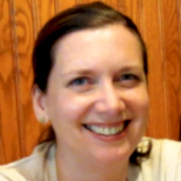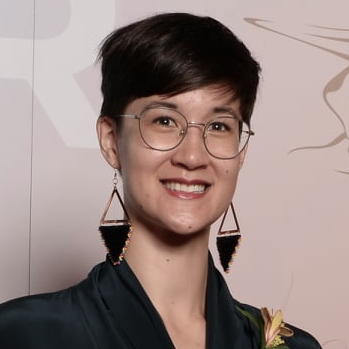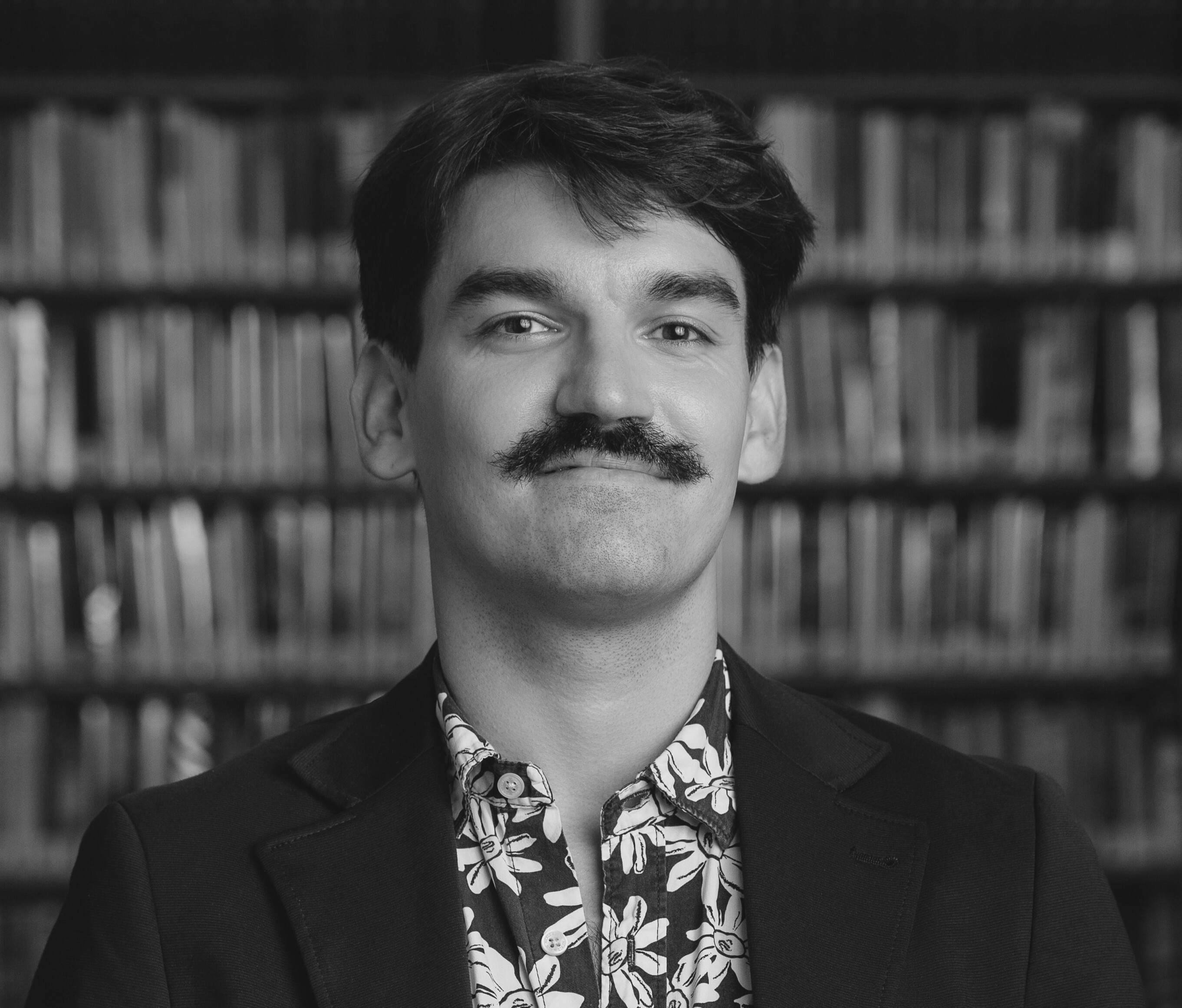L’Ouvroir, Laboratory of Digital Art History and Museology at the University of Montreal, is a research infrastructure dedicated to supporting work conducted within the framework of the Partnership "New Uses of Collections in Art Museums." This laboratory provides the entire team with state-of-the-art equipment for research, experimentation, and the development of new uses for digitized collections that utilize the web, 3D visualization techniques, virtual reality, and augmented reality. It offers the opportunity to create a robust editorial infrastructure for the Digital Encyclopedia and to produce three software developments that will be used in various research areas: first, the establishment of a collaborative work platform for working on archives; second, the creation of a digital tool dedicated to documenting collection displays; and finally, the development of a JavaScript library to facilitate the production and deployment of digital exhibition devices and illustrations for the Encyclopedia. It is also a versatile structure that facilitates collaborative work and the organization of teleconferences with museum and international project partners. Its establishment provides Canada with a dedicated research facility for experimentation and innovation in the field of digital art history and museology.
The creation of this infrastructure and the partnership project it serves contribute to the promotion of francophone Quebec museology. They participate in the dynamic process of opening up heritage data in which our museum partners are engaged, particularly within the framework of Quebec’s digital strategy or the policy of the Canadian Ministry of Heritage. All software developments created for the needs of the infrastructure, as well as the data produced as part of the partnership, are made available under open licenses for reuse in other contexts by various stakeholders (enthusiasts, other heritage institutions, researchers). The project also contributes to the training of highly qualified personnel in museology while providing Quebec with cutting-edge digital museology equipment that is unparalleled internationally.
Description
The Laboratory of Digital Art History and Museology at the University of Montreal offers state-of-the-art infrastructure to support the development of digital research methods and the dissemination of its results through innovative and participatory content. This workspace is designed as a fluid multifunctional space to promote collaboration. The laboratory aims to develop the numerous points of contact between museology and digital methods in art history, which have strong potential for research and engaging both knowledge and audiences. Its mission is to support and drive the development of digital art history and the emergence of digital and citizen-oriented museology, positioning the University of Montreal as a leading institution in these emerging fields on the international stage.
The laboratory is based on two concepts: a collaborative environment that fosters multidisciplinary research and a structure similar to a professional design studio that promotes productive and sustainable working methods. Modeled after digital innovation laboratories as a third place focused on designing digital products (3D modeling, multimedia content, databases), the laboratory integrates professional studio practices into the research world. It directly aligns with the strategic plan of the Department of Art History and Film Studies and synergizes with the video game and film studies sections.
The laboratory provides team members with a dedicated space for collaborative work, specialized computer equipment for 3D visualization and multimedia production, and computer servers. It ensures the development of digital tools necessary for carrying out various research projects led by the involved researchers. This involves, first, creating digital developments to provide infrastructure for defining strategies for sharing annotated 3D models for art history. Secondly, it allows for the development of a JavaScript library to facilitate the production and deployment of editorial and digital exhibition devices. Lastly, it supports the development of a national and international conceptual and geolocated map of initiatives in citizen museology.
Vision
L’Ouvroir supports the emergence of digital art history and museology that explores new uses of heritage collections and leverages technologies both in research methods and in disseminating research results through innovative content.
Missions
Transforming the way art history and museology are conducted:
- Organizing regular training for students
- Publishing methodological resources on digital art history and museology
- Developing new forms of writing art history and museology
Experimenting and designing digital tools for art history and museology:
- Assisting museums in their digital transformation
- Developing and experimenting with tools for art historians and museum professionals
- Integrating practice and theory: knowledge devices
Becoming a reference center in the field of digital art history and museology:
- Establishing regular relationships with similar institutions
- Developing active collaborations with comparable institutions
- Positioning at the interface between art history and museums
- Developing expertise in three complementary areas: automated content analysis, metadata usage, and web publishing.
Values
- Ingenuity, acumen, intelligence. Innovation, experimentation, practice
- Simplicity, sobriety
- Autonomy: manageable, open, and free technologies
Actions
- Training cycle / collaboration events / mentoring
- Series of conferences, invitations
- Publications
- Project directory
- Museadon
- Production of HA (History of Art) prototypes
- Software development
Context
- Partnership for new uses of collections
- Quebec’s digital cultural plan
- Digital transformation of museums
- Digital museology position
- Department of Art History and Film Studies
Ouvroir members
Scientific direction

Emmanuel Château-Dutier
Emmanuel Château-Dutier is an associate professor in digital museology at the Université de Montréal. He directs the Ouvroir d’histoire de l’art et de muséologie numérique with Kristine Tanton.

Kristine Tanton
Assistant Professor at Département d’histoire de l’art et d’études cinématographiques, Université de Montréal.
Coordination

Zoë Renaudie
Lab manager and a doctoral student in art history with a specialization in museology and digital humanities.

William Diakité
Engineer, web developer

Lena Krause
Lab manager (2021-2024) and doctoral student in research-creation
Members

Alice Truc
Alice Truc est doctorante en histoire de l’art et en humanités numériques, en cotutelle à l’Université de Montréal et à l’Université Rennes 2 (France).
Alix Chagué
Alix Chagué is a PhD candidate in digital humanities, in cotutelle between the Université de Montréal and the Ecole Pratique des Hautes Etudes (France), and a member of the ALMAnaCH team at the Inria Paris research center.

Camille Delattre
Camille Delattre is a doctoral student in art history specializing in digital museology at the Université de Montreal.

David Valentine
David Valentine is a PhD condidate in information science at the University of Montreal.

Franck Calard
Franck Calard is a PhD student in art history at the University of Montreal. His research focuses on the history of stained glass in Quebec, cultural transfers and issues related to religious heritage in Quebec, from the 19th to the 21st century.
Jessica Guiraud
Jessica Guiraud is a PhD student in art history, in cotutelle at the University of Montreal (Canada) and Nantes University (France). Her work focuses on the study of a new form of emotional and multisensory heritage experience through the use of digital tools, between France and Quebec.

Léa Maronet
Léa Maronet is a doctoral student in art history and digital humanities at the Université de Montréal and the École Pratique des Hautes Études (France).

Maria Silina

Talitha Motter
Talitha Motter is a PhD candidate in Art History at Université de Montréal.